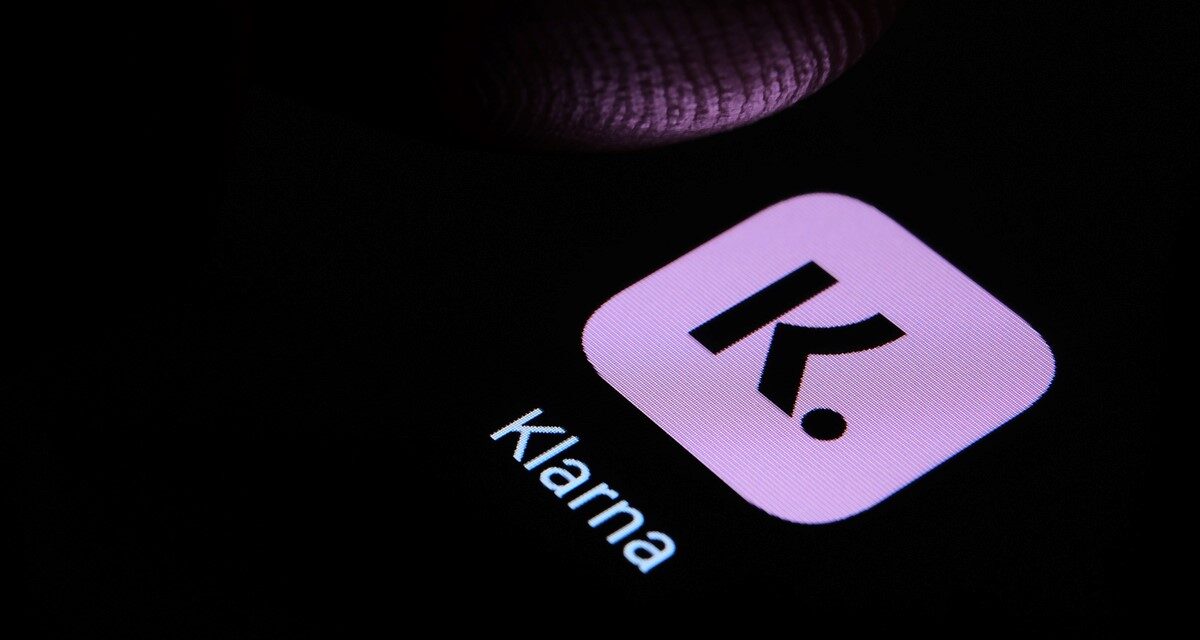Klarna has seen losses in its operating results more than treble year-on-year, according to its half-yearly results for 2022.
The buy now, pay later (BNPL) firm has seen its operating result losses drop from just over 1.7bn Swedish Krona (SEK) (£136.8m) to just under SEK6.17bn (£496.6m). The net result for the period, meanwhile, was losses of just over SEK6.2bn (£499m).
The group’s revenue is, however, outpacing gross merchandise volume growth – increasing year-on-year to SEK9.1bn (£732.7m), while its retailer income increased by 24% year-on-year – going up to SEK4.5bn (£362.4m).
Despite this, the business told investors it is revisiting its 2022 plans and will implement a “number of prudent and preemptive measures” to meet evolving challenges, sharpening its focus on core value drivers in the company in order to further accelerate in key markets in the US and Europe.

Outlining this in his statement to shareholders, the firm’s chief executive and co-founder Sebastian Siemiatkowski, said: “When we set our business plans for 2022 in the autumn of last year, it was a very different world than the one we are in today.
“Since then, we have seen a tragic and unnecessary war in Ukraine unfold, a huge shift in investor sentiment, a steep increase in inflation, a highly volatile stock market and a likely recession. All of these have marked the beginning of a very tumultuous year.
“We’ve had a few years now where growth has been really heavily prioritised by investors. Now, understandably, they want to see profitability. We’ve had to make some tough decisions, ensuring we have the right people, in the right place, focused on business priorities that will accelerate us back to profitability while supporting consumers and retailers through a more difficult economic period.
“We needed to take immediate and pre-emptive action, which I think was misunderstood at the time, but now sadly we have seen many other companies follow suit.”
Siemiatkowski went on to say that the business had to reduce the number of staff on its books – described as its “Klarnauts” – by 10%. He added: “That is never easy and not a decision taken lightly.
“Similarly we’ve said we will tighten our approach to credit losses – these are an investment in growth, and we will lend a little less sometimes, especially to new consumers, supporting them to make the right decisions for them and for Klarna in changing economic circumstances.
“You won’t see the impact of this on our financials in this report yet – we have a very agile balance sheet, especially in comparison to traditional banks due to the short-term nature of our products, but even for Klarna it takes a little while for the impact of decisions to flow through.”
Source: Creditstrategy.co.uk


























